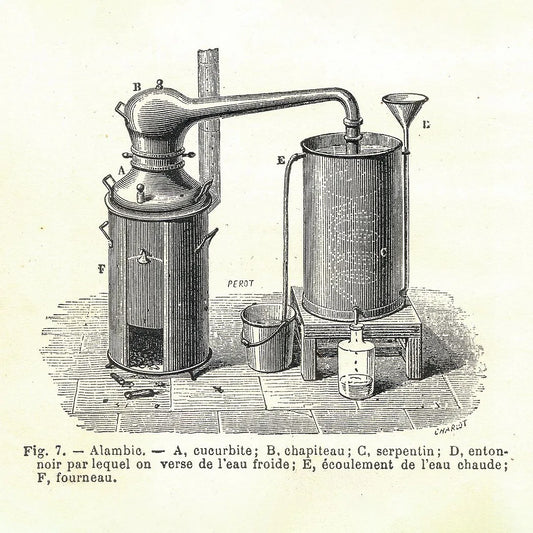Using essential oils in a household with pets can be hazardous to the pet’s health, depending on the pet’s contact with the oil or its vapor and the oils being used.
Diffusing essential oils near pets in a closed room can cause respiratory distress for the pet, especially if the diffusion continues for more than a few minutes. Keep in mind that dogs and cats have a much keener sense of smell than humans do, so even a small amount of an essential oil’s scent can be overpowering to an animal. Pets also do not have the same response to scents as humans, so the essential oil that calms a person’s anxiety, for example, may have exactly the opposite effect on a dog or cat.
An assortment of essential oils is actually toxic when used on a pet’s skin or when a dog or cat accidentally ingests them (if a few drops spill on the floor and the pet licks them up). Do not use these around cats or dogs, as these can be very harmful or even fatal:
- Anise
- Cinnamon
- Citrus
- Clove
- Eucalyptus
- Garlic
- Juniper
- Lavender
- Oregano
- Pennyroyal
- Peppermint
- Pine
- Sweet birch
- Tea tree
- Thyme
- Wintergreen
- Yarrow
- Ylang-ylang
Research has shown that cats do not have the ability to process the phenols in essential oils—one of the parts of the oil that produce the scent. This means that when a cat inhales the diffused essential oil or swallows some of it, it can cause liver damage or liver failure, as well as respiratory failure and even seizures. Dogs can develop respiratory issues, increased stress, central nervous system issues, and changes in behavior from inhaling diffused essential oils or ingesting products that contain oils.
“If you can smell the aroma of the oil, that means that there’s oil in the air and can result in respiratory distress,” the Cabbagetown Pet Clinic in Toronto, Ontario, explains on its website.
Veterinarians warn pet owners to watch for signs of a pet’s negative reaction to an essential oil:
- Watery nose
- Watering eyes
- Skin redness
- Lips or gums turning red
- Vomiting
- More drooling than usual
- Coughing or wheezing
- Difficulty breathing or panting
- Tremors or wobbling
- General lethargy and fatigue
- Pawing at the face or mouth
- Low heart rate
- Low body temperature
While these are known to be toxic to animals, essential oils not listed here may affect your pet negatively as well. If the cat or dog displays any of these symptoms, take them outside immediately into the fresh air; if the symptoms do not clear up quickly, act fast: call your veterinarian immediately, or take your pet to an animal medical center’s emergency room. If your pet has rolled in the essential oil or has some on its paws, wash it off right away to keep the pet from licking it and ingesting enough to be harmful. If you start to see symptoms of poisoning, get your pet to an emergency clinic. Bring the bottle of the essential oil you were using with you, so the vet, clinic, or medical center knows exactly what the animal has encountered. As a further precaution, keep your essential oils stored in a safe place and away from your pet, just as you would keep medications away from your children.
All of this being said, you will find that some veterinary practices recommend the use of natural products containing essential oils, confusing the issue somewhat. Even the American Kennel Club markets some products that contain essential oils on the toxic list. The fact remains, however, that natural flea and tick repellents that use essential oils may or may not be effective, and some have the potential to be harmful to your pet. If you use one of these products, check the ingredients to be sure that the product does not contain one of the oils on the list provided previously. Many recipes for homemade flea and tick repellent online suggest peppermint and tea tree oil as ingredients, but these are indeed toxic to pets and should not be used. (Flea and tick products that contain citronella and cedar, two known insect repellants, may be more effective in warding off bugs without as much potential for harm.)
If you use essential oils regularly in your home and you want to know the best thing to do to protect your pets, consult your veterinarian. The effects on various breeds may be different, so it is important to talk with a professional to be sure that you are doing what is best for your dog, cat, or whatever animals share your home with you.





